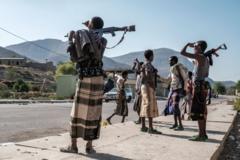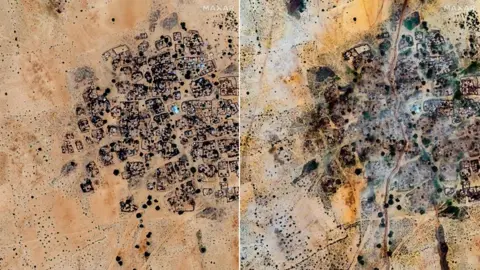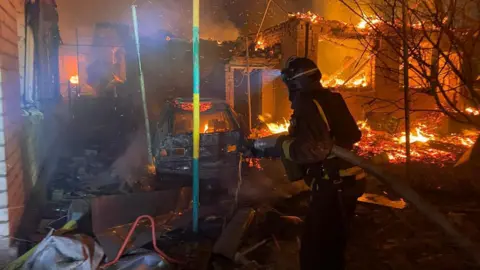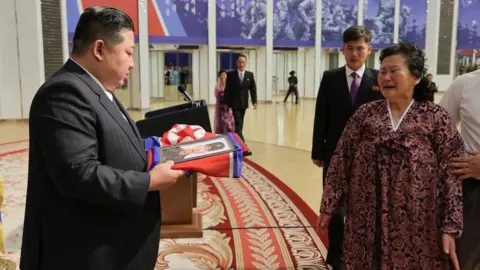Ethiopia's political landscape is facing renewed challenges as the Tigray People's Liberation Front (TPLF), the main opposition party, has been banned from political activity by the National Election Board of Ethiopia. This decision, attributed to the party's failure to hold a general assembly, has raised alarms within the TPLF, which argues that it constitutes a threat to the peace deal established in November 2022 that ended two years of conflict in the Tigray region.
In a statement, the TPLF condemned the ban as "dangerous" and indicative of a larger threat to the fragile peace process. The party is currently managing Tigray's interim administration, navigating the complex political dynamics that have emerged since Prime Minister Abiy Ahmed took power in 2018 following the TPLF's long-standing rule.
The TPLF's internal struggles are further complicated by factional disputes over leadership, stalling critical internal elections required by the electoral board. In response to this ban, the party has formally requested the African Union's involvement, urging it to pressure the federal government to retract the decision. They argue that such a ban undermines the legitimacy guaranteed by the Pretoria Agreement and hinders necessary dialogue.
Concerns over potential violence are growing, as there remain significant delays in executing terms of the peace deal, including addressing the situation of approximately one million displaced individuals. International observers, including the US, UK, and EU, have expressed apprehension over rising tensions, emphasizing the dire need to avert a return to hostilities.
The challenges facing the TPLF and the implications of its ban highlight the precariousness of political stability in Ethiopia and serve as a poignant reminder of the sacrifices made during the conflict. As negotiations continue, the TPLF's situation serves as a litmus test for the commitment of all parties involved to uphold the peace agreement.





















